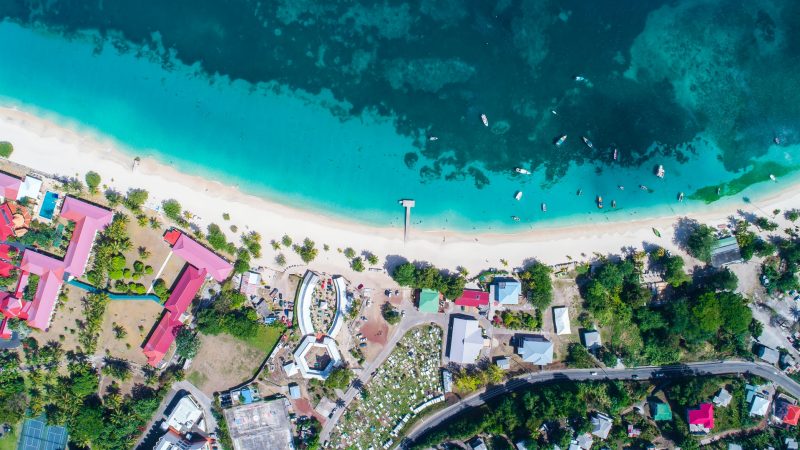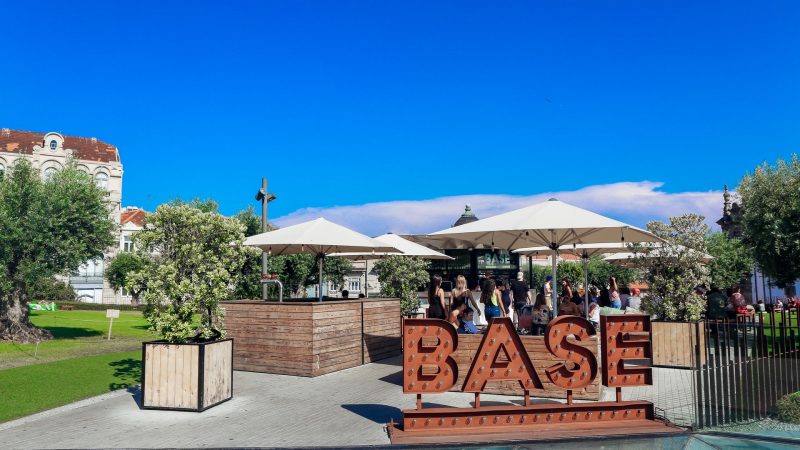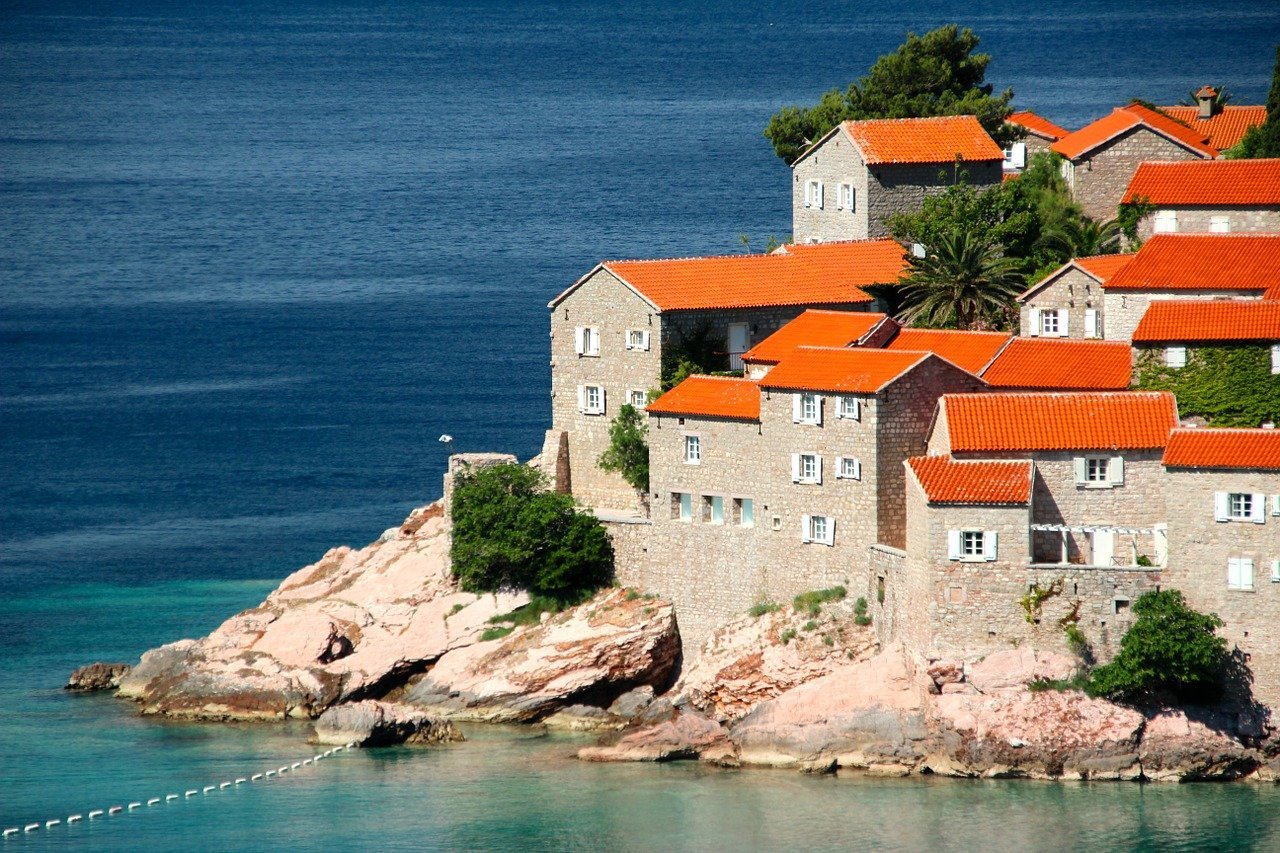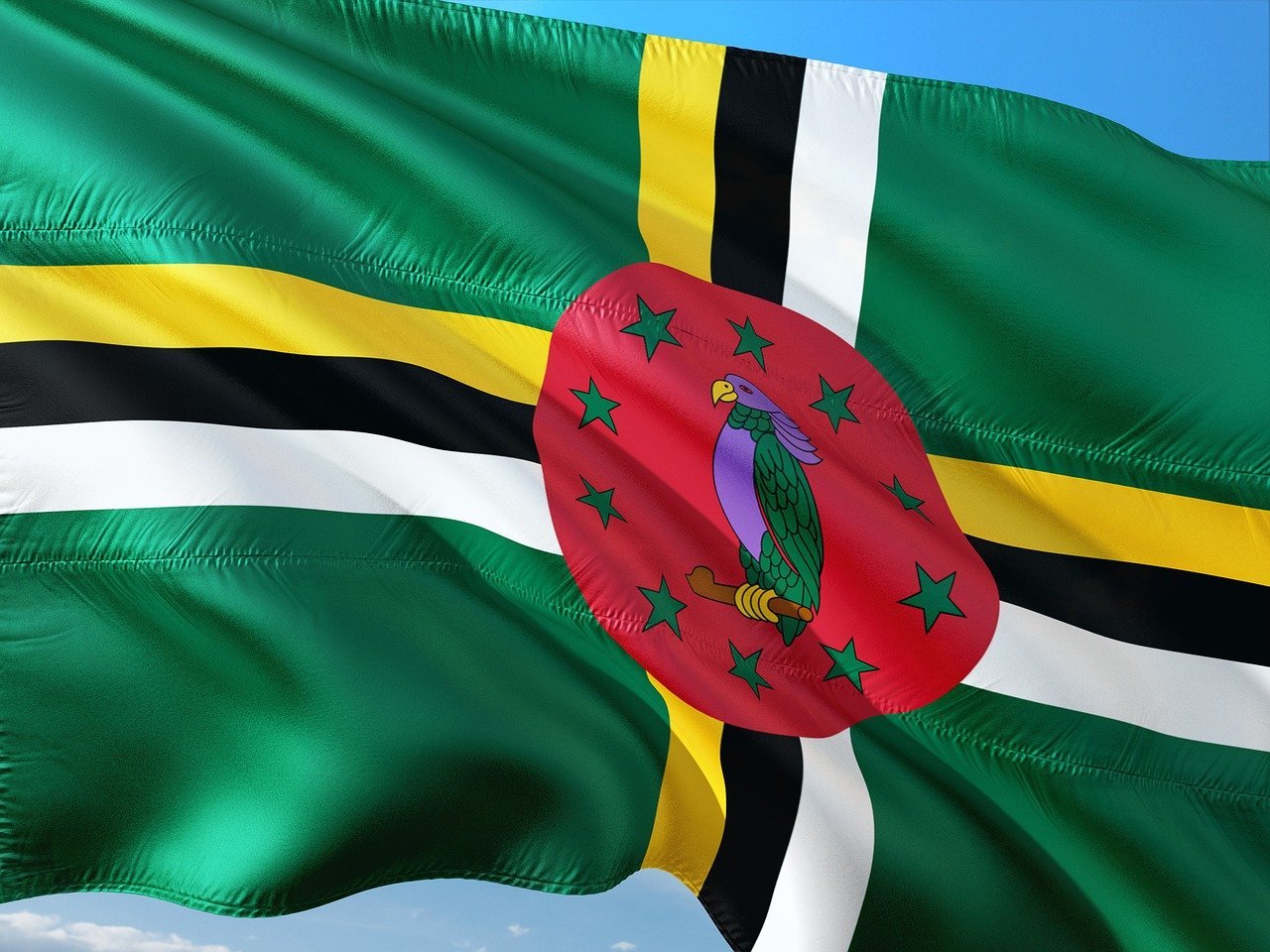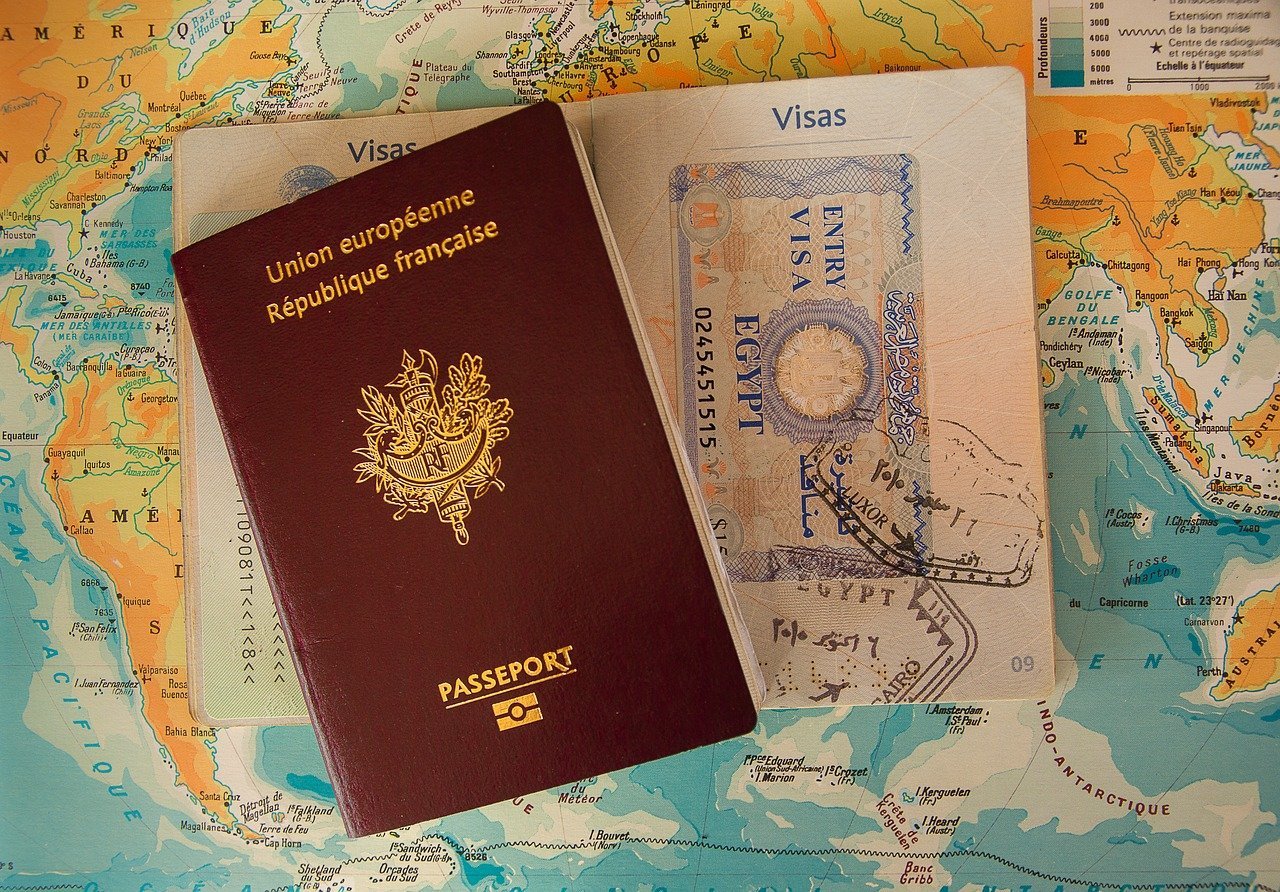What is a good temporary residence to get?
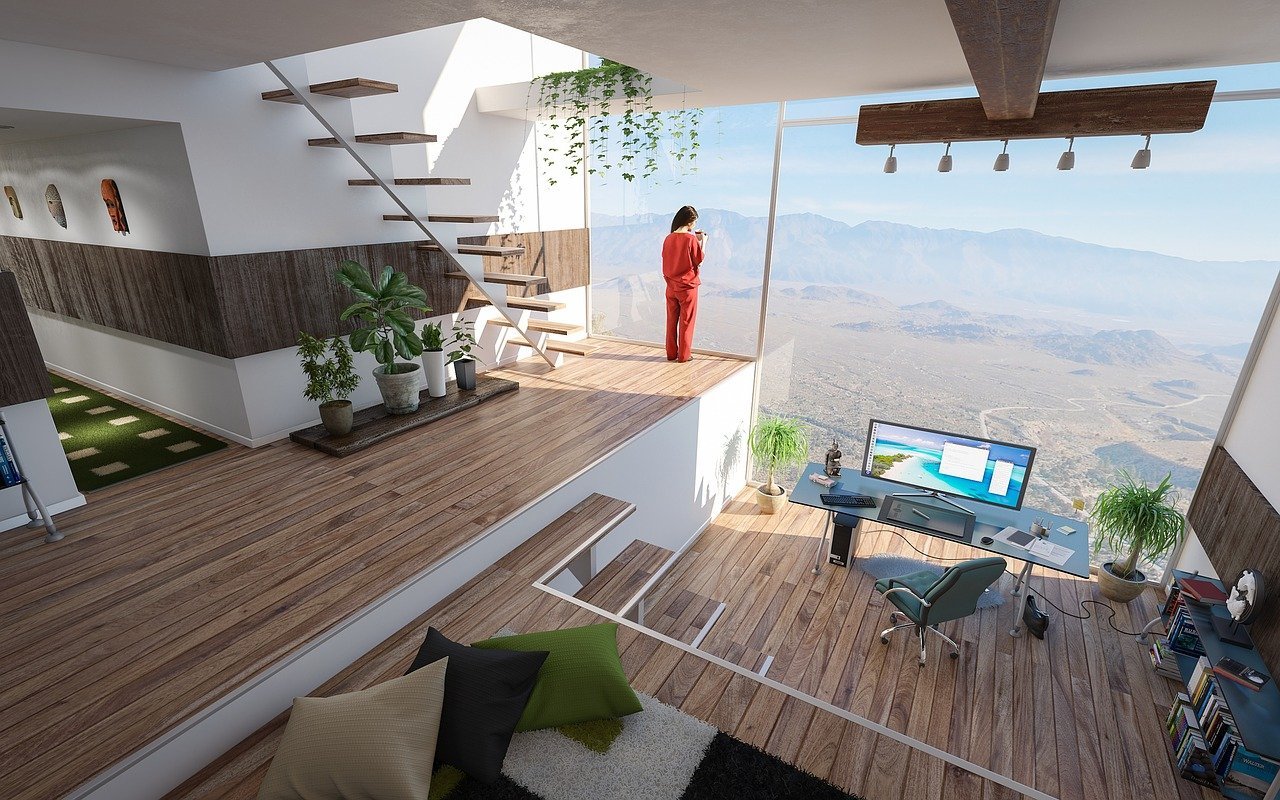
Folks ask me again and again: “What’s a good temporary residency to get?”
Well, it depends.
Come on they say…
Well, it’s individual, I say.
It depends on your profile and what’s important to you.
A lot depends on whether you have an active business and how much you want your economic interests to drive your residency choices.
Or, on the flip side of the coin, you might have an established stream of income from investments and want to make a decision primarily based on lifestyle.
Maybe this isn’t about forever or a new passport. Maybe it’s a new base for one or two years.
Let’s do it.
Quick Overview
Our six, easy-to-get temporary residency options
Here are six easy-to-get and “good” temporary residences, in my opinion.
Keep in mind: these aren’t work visas or citizenship by investment packages, so you’ll need a documented, steady stream of income to be eligible.
Though, for some countries, it will be enough to show you have a certain amount of money in a bank account.
Naturally, no one place will be perfect for all tastes – taxes and personal preferences will weigh in – but the options below will hopefully whet your appetite.
(Oh, BTW, I’m assuming you don’t have any special rights in the countries we look at today. If you are an EU citizen, for example, it’s going to be super easy to move to another EU country on the list because of free movement rules. But this doesn’t apply outside the EU, say if you want to go to Panama. UK citizens, poor folks, will feel this keenly with their new, non-EU status as pretty much the whole of Europe is now covered in red-tape for them. Join the club guys…)
France
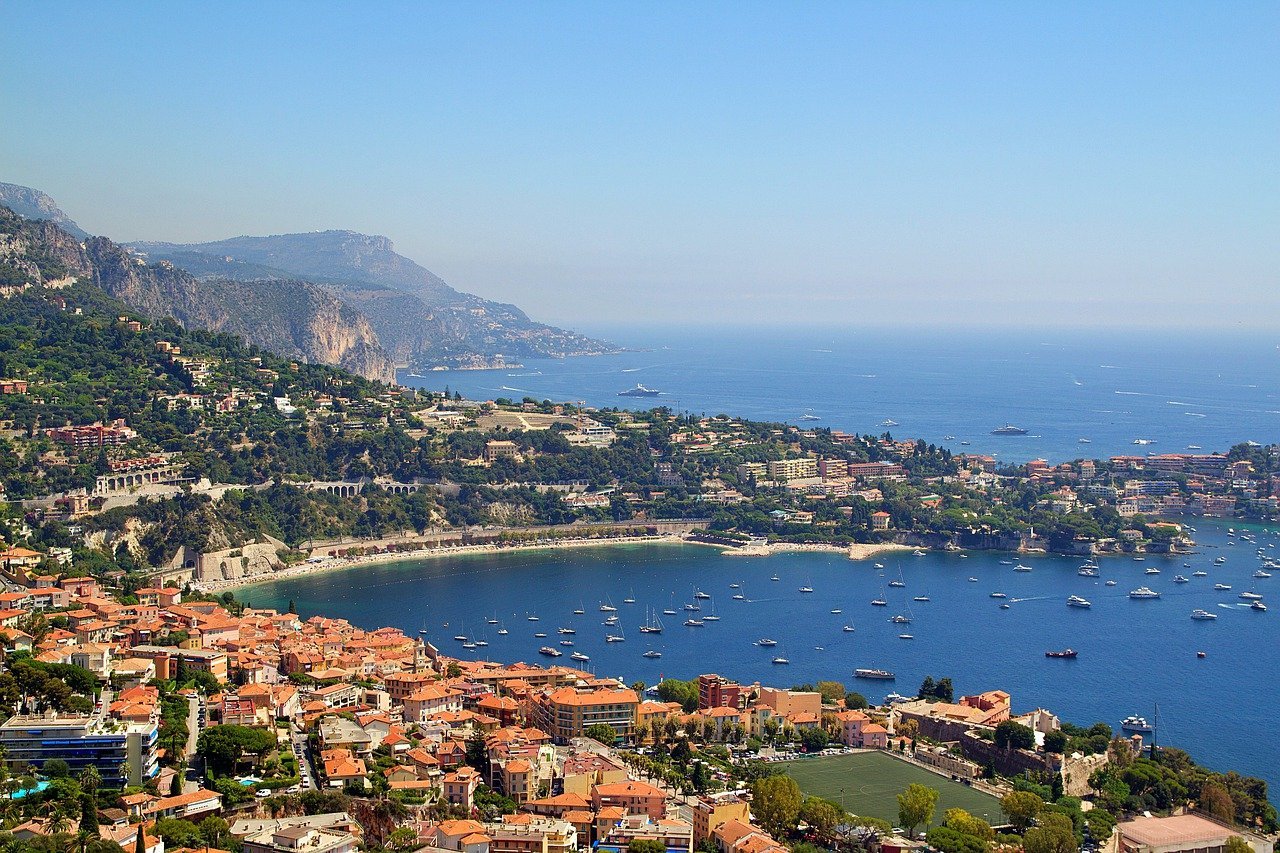
I thought I’d kick it off with the tourist mecca of tourist meccas.
Except you won’t be just a tourist… you’ll be a proper resident of the French Republic.
France allows extended, “non-lucrative” stays (i.e. no work) to folks that prove they have the finances.
This means you can stay in France for a year, on temporary papers, and renew again annually provided your income and finances are clear.
You don’t have to hop around or count days.
You can buy property or rent in your favourite part of the country and stay for all four seasons.
It’s done, done often and isn’t all that much of a hassle to set up.
Here’s what you need:
Some quick cons:
- It can take some time for your visa application to be approved
- The financial requirements can be exacting. The visa officer will love a large amount of passive income, and quibble more about smaller amounts or anything where you have to actively do something to get the income stream
- French taxes aren’t exactly low, folks, so you’ll want to think about it before you become a French tax resident. Gerard Depardieu could probably tell you all about this.
I put the cons first because I did want you to go doe-eyed over the pros.
The pros:
- Well, France is France – very few people are going to complain about two or three years in the south of France, or anywhere else in France for that matter.
- France is actually quite progressive on moving you up the immigration ladder. A few years of well-heeled time on a temporary residence permit and you can become eligible for permanent residence, and then citizenship (see above on taxes though). You’ll need to learn your French to a basic (A2) standard to become a permanent resident.
- If you have a good passive income, solid arrangements for a property or a place to stay for the entire period of your application, I think France will approve you and approve reasonably quickly. Plenty of business owners or silent partners in a business move to France all the time.
- For living expenses, if you are not in Paris and away from the busiest parts of the south, France can actually be rather affordable on groceries, rent and most other things you need.
Portugal
I personally rate Portugal very highly.
The people are great, so are the sights, the country and the food.
Don’t get me started on the wines…
The investment climate is in Portugal also excellent.
Very open.
Not always super fast or efficient in administration or bureaucracy, but very open.
For those that would like to spend some time in this corner of Europe, I have some good news.
Portugal’s got a great temporary residence permit program and you can qualify for it with only a baseline level of income.
You’ll need to add more to bring in a spouse and dependents, but your actual economic commitment to get in, set up and get papers is pretty limited.
There’s no substantial capital sums involved like there is with the passport by investment program.
You just make a few arrangements in advance, prove your income, get a place to live and basically show up to start your new temporary life.
It basically doesn’t get better than this for an EU country.
More on Portugal:
Panama
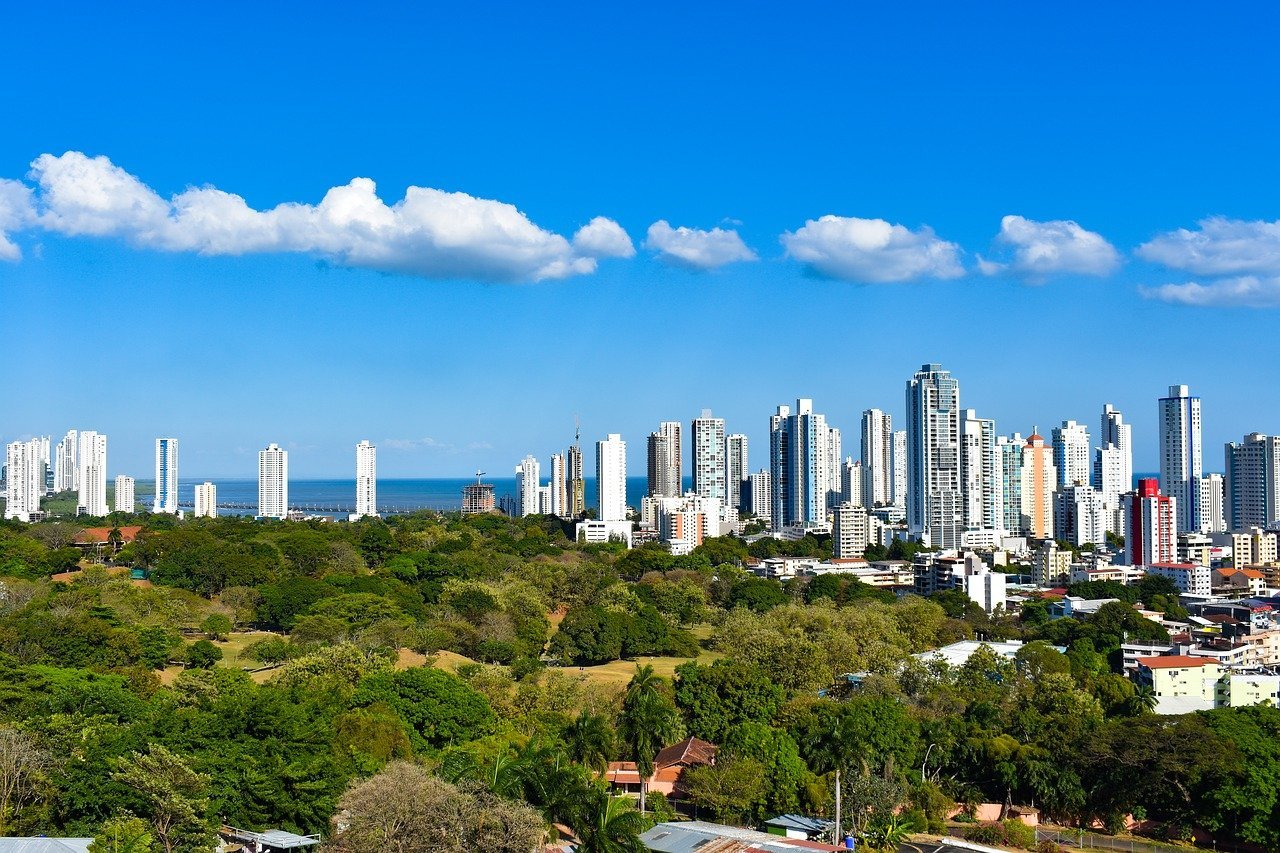
Panama’s given a gift to most of us with the so-called friendly nations visa.
If you are from an eligible country, you basically have an easy pathway to residence.
You just need to show an association to Panama and sufficient financial resources.
The ‘association’ can be formalized easily.
You can start a Panamanian company with yourself as the managing director.
Alternatively, if you have a steady source of income, you can apply for the retirement visa.
“Great, but I’m not retired,” you might say.
Well, this visa is available to anyone over the age of 18.
The key requirement is that you have a passive income of more than US$ 1,000 per month.
Ideally, this income entitlement should be from a pension fund but it could also be in the form of dividends or an annuity payment, provided you can show it will continue permanently.
Spain
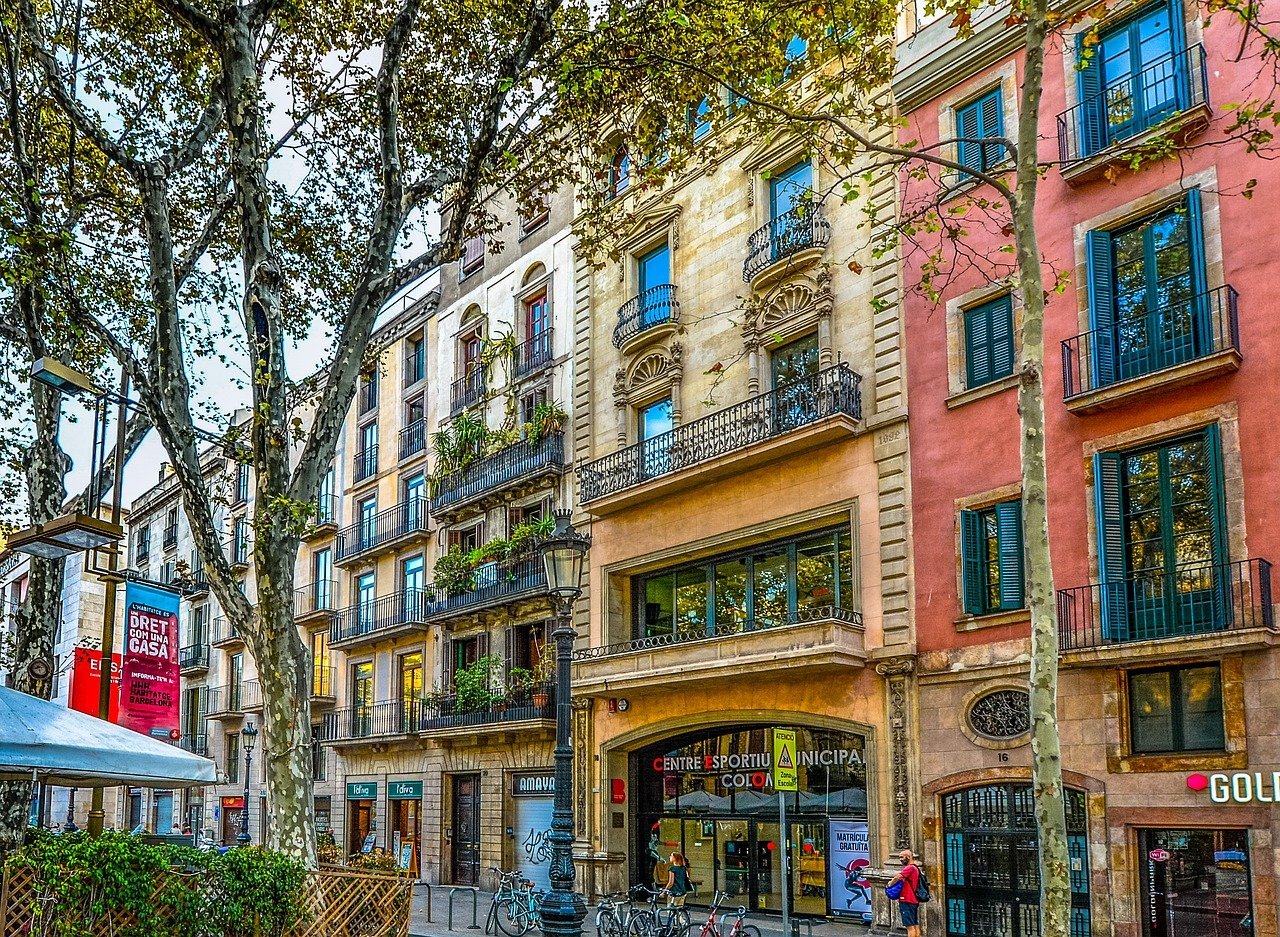
Spain is very popular with folks.
It’s certainly very popular with folks from the UK and the United States.
There’s a lot a of variety in the country, from Madrid to Barcelona and the Canaries or Ibiza.
And I’m missing out the other great spots like Malaga and Valencia.
Real estate is affordable and living expenses, in general, are very low.
Like other places, the further you go from a major city- the better your overall cost of living will be.
With a country of the size of Spain, you have considerable choice: you can be an inner-city apartment dweller, or you can arrange your own villa in secluded surroundings.
Spain used to be a very easy exit plan for you if you were from the UK. You simply need to arrive and set up shop.
This has changed with Brexit, and now UK folks are in the non-EU queue like everyone else.
Accordingly, you’ll need to look closely at the paperwork and the various options.
One option for Spain is their non-lucrative visa. This can be a good option and, if you meet the income requirements, is relatively easy to apply for and get.
Technically speaking you need to show a passive income.
You can’t plan to work while in Spain (this is not allowed) or work remotely to bring the money in.
The quick cons of Spain:
- Visa processing can be slow and individual Embassies/Consulates apply the requirements for the visa slightly differently
- The amounts you need at hand for a non-lucrative visa are higher than what you really need to survive in Spain
- You won’t get by on showing income from freelancing or other independent activity – it has to passive income (think dividends, interest, IP royalty payments, rent from properties you own)
- Spanish tax isn’t the lowest. Think carefully about your affairs before you become a Spanish tax resident
- It takes a long time to naturalize in Spain and you can’t hold two passports (Portugal, above, compares favorably on these points)
Montenegro
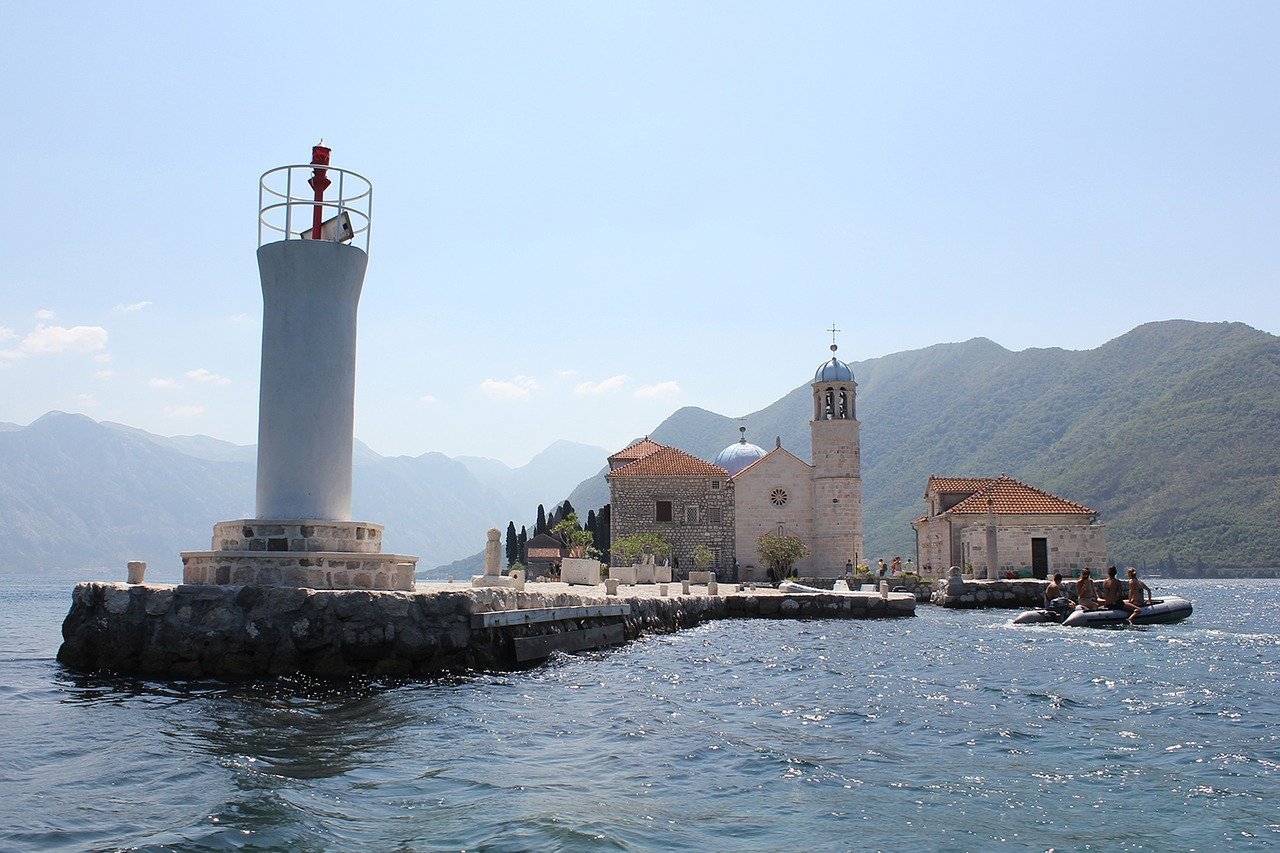
Montenegro is another great little option to look at.
You have two main routes to a temporary residence permit, and both of them are easy enough.
The first is to purchase liveable real estate, i.e. an apartment or a house, and prove that you have a certain amount in finances. You don’t need to prove a certain level of income.
If you can do this, you are eligible to apply for a temporary residence permit. This permit will be valid for a year and can be renewed.
With real estate being affordable in Montenegro, this could be a viable option for many folks.
You can pick up a studio from about EUR 30,000. Comfortable property is priced in about the range of EUR 50,000 to EUR 100,000.
You don’t need to be a six-figure business entrepreneur to avail yourself of this.
The second option is to incorporate your own Montenegrin company and hire yourself as its managing director. You then apply for a work permit based on your employment. This route is also relatively hassle-free and could be a good option if you have some business interests you can run through your new company.
Tax rates in Montenegro are hospitable – you’re looking at about 9% – 11% for personal income.
The country itself is just beautiful. It’s on the Adriatic, so you have the best of the sea on the western coast and its breathtaking mountains in the north.
- More on Montenegro? How to get a Montenegro residence permit
Monaco
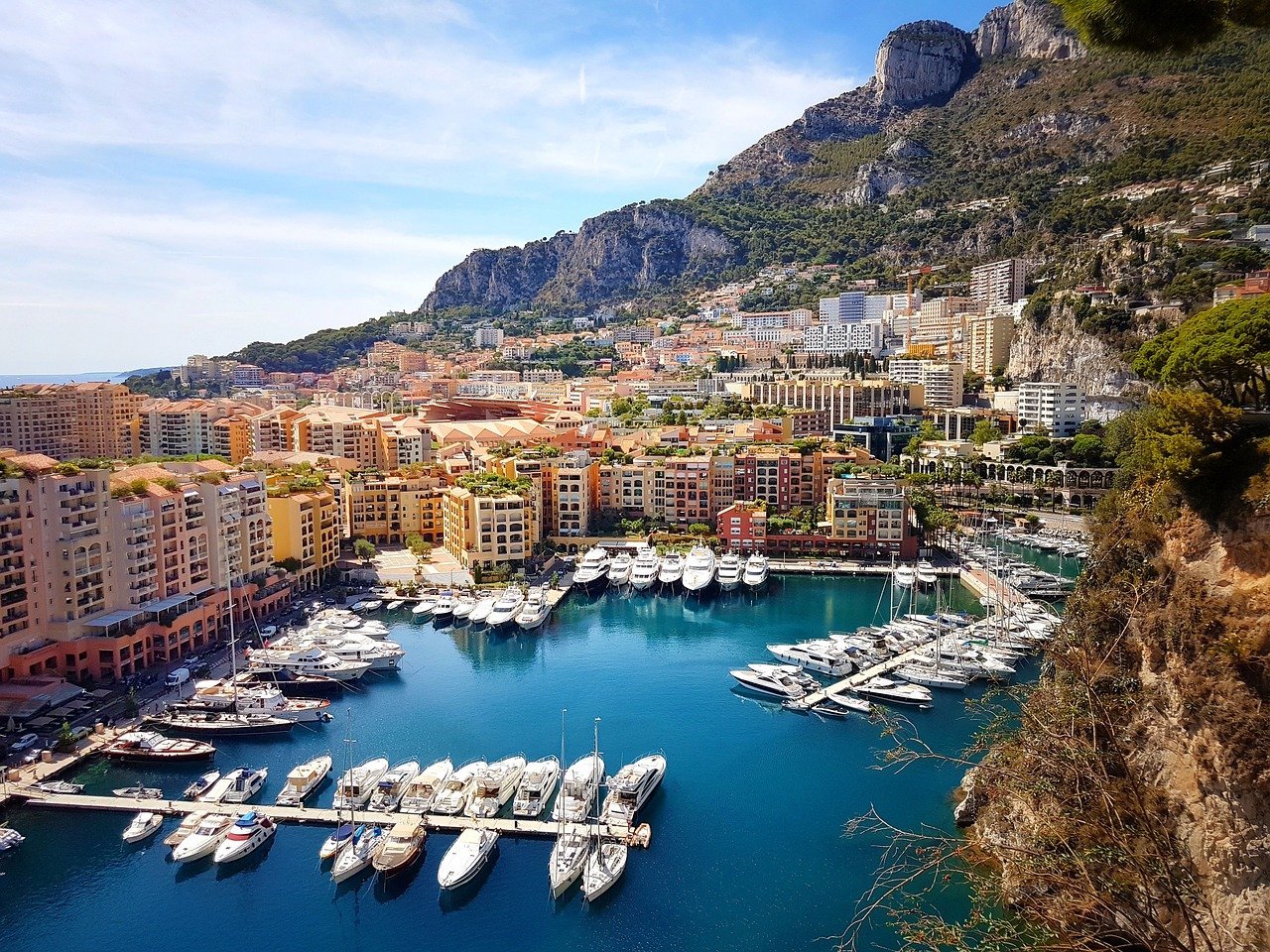
If the rich dad / poor dad view of the world appeals to you, Monaco would be very rich dad.
This is easyish temporary residence to get if you have the wherewithal.
In fact: rock up, lodge EUR 500,000 with a Monaco bank of your choice and, alakazam, you’re the principality’s newest resident!
Yes, that’s the theory at least.
There is some other paperwork needed to get your “carte de sejour temporarie” or temporary residence permit.
It’s not too bad though.
The key point you do need to cover is some proof of living arrangements and accommodation.
This a lease, or proof you own property of sufficient size within Monaco. (Your property needs to be big enough to comfortably house you and your family.)
There’s no specific income requirement, although bear in mind that the Monaco property market is hugely expensive so even a one or two-bedroom apartment can really set you back.
I guess the Monegasque Government assumes that if you can lodge your 500k and have a place at your disposal, then you’ve got sufficient resources to hang around.
Other than that, you do need clean criminal record clearance papers and the other usual bits and pieces.
Pros for Monaco are:
- Location, location, location! Central in Europe, and situated between both the French and Italian Riveria regions.
- There’s a great deal here in Monaco for personal income tax. 0%!
- English should be fine for most things.
- While there is a different procedure for EU and non-EU applicants, broadly speaking the principality is friendly to non-EU folks who want to take up residence. (If you are non-EU, though, you may need to apply for a visa before you arrive at the local immigration office to apply for your temporary residence permit).
- Immigration procedures are efficient and relatively straightforward.
- Temporary residence can lead to permanent residence and then, if you want, citizenship. The ladder is accessible if you want to avail yourself of it.
Cons:
- Expensive. Not for ‘poor dads’. No joke…
- Monaco is a relatively small home.
- You may find a better lifestyle/expense trade-off elsewhere, depending on your preferences.
So there you have it: Half-a-million in the bank and, with very few other questions asked, you’ve got a new home.
I’m not going to tell you today where I think the poor dad or very poor dad options are.
I might do this for a future blog post.
***
More:
- What about taxes and your temporary residence permit? Check out our thoughts on what a good tax residency is.
